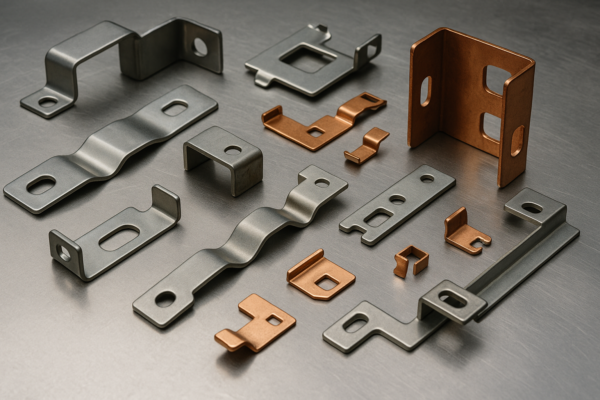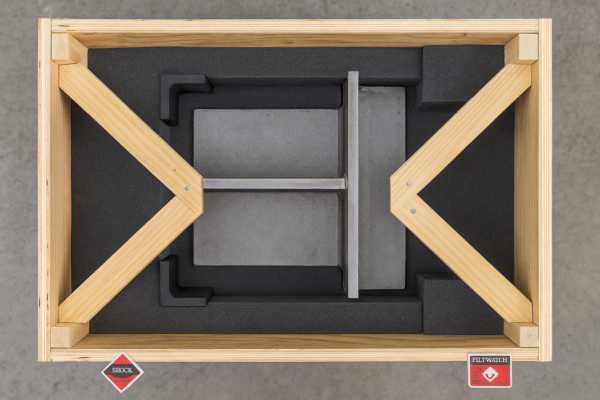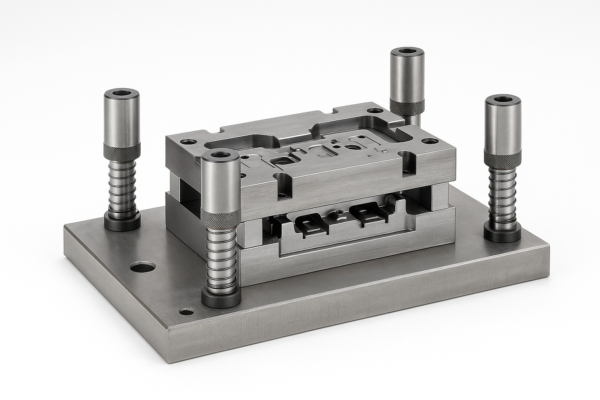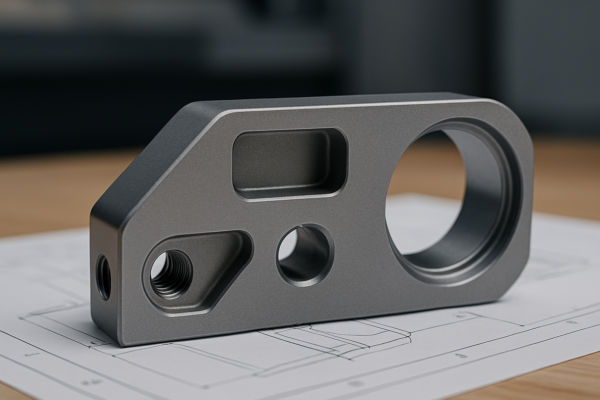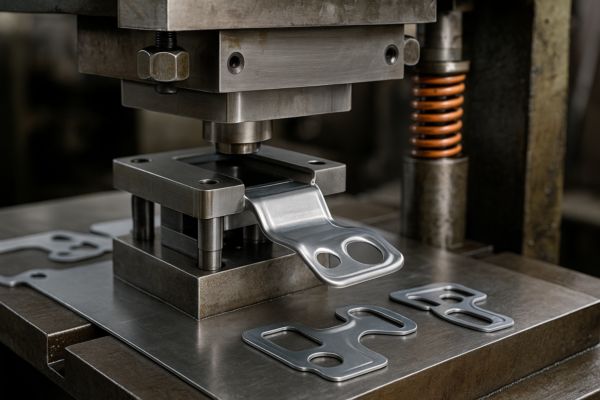What Is Metal Stamping Service and Why Is It Essential for Manufacturing?

Prime Custom Parts: Progressive die stamping in action.
Kevin (U.S. buyer):
Leo, I keep seeing suppliers promoting something called “metal stamping service.” I understand stamping as a process, but what exactly does the full service include?
Leo (Engineer at Prime):
Great question. It’s not just pressing metal. It’s an all-in-one manufacturing solution. That means reviewing your designs, building dies, sourcing raw material, producing parts at scale, applying surface treatments, and handling QC and export.
Snippet paragraph: A stamping service is a turnkey manufacturing solution, offering engineering, tooling, production, and delivery—especially suitable for high-precision metal parts in bulk.
So, when you hear the term, think of it as an integrated workflow from concept to packaged product.
📚 Table of Contents
- Overview of Stamping Service
- The 7 Key Stages of the Process
- Advantages Over Other Manufacturing Methods
- Industries That Use It
- Real Case: 34% Cost Savings with a Full-Service Approach
- How to Evaluate a Supplier
- FAQs
- Contact Prime for Support
Overview of Stamping Service
Kevin:
So how does it differ from a basic job shop?
Leo:
The difference lies in the scope. Our service covers everything—starting from early design feedback to final packaging. It’s not just a production task; it’s a process-driven model.

CAD layout and die development for a custom metal part.
What It Typically Includes:
| Phase | Details |
|---|---|
| Design Engineering | DFM checks, tolerance feedback, feasibility assessment |
| Tooling Production | In-house die manufacturing for progressive, single-hit, or compound |
| Material Management | Steel, aluminum, copper, brass, and more—sourced by spec |
| Forming & Pressing | Punching, bending, coining, blanking, drawing |
| Add-On Operations | Tapping, trimming, piercing, laser engraving |
| Surface Treatments | Powder coating, anodizing, plating, or polishing |
| Quality & Delivery | Full QC, labeling, barcoding, and compliant export packaging |
Leo:
It’s a one-stop shop—from design to delivery.
The 7 Key Stages of the Process

Here’s a typical roadmap from start to finish:
-
Initial Engineering Review
- Check part design for manufacturability, material suitability, and tolerances.
-
Tooling Setup
- Design and manufacture stamping dies in-house using EDM and wire-cut equipment.
-
Raw Material Procurement
- Source certified coils or sheets based on the mechanical requirements.
-
Press Production
- Run high-speed presses with progressive or single-stage dies.
-
Secondary Operations
- Perform threading, coining, flanging, and minor welding as needed.
-
Finishing
- Apply protective or cosmetic finishes (zinc, black oxide, anodizing, etc.)
-
Inspection & Packing
- Execute ISO-compliant checks and prepare for export with custom packaging.
Advantages Over Other Manufacturing Methods
Kevin:
Why not just use CNC or laser cutting?
Leo:
Because those are great for small runs or thick parts, but when you’re making thousands—or millions—of the same piece, press stamping wins on speed and cost.
| Method | Strengths | Limitations |
|---|---|---|
| Press Stamping | Fast, scalable, low cost per unit | High initial tooling investment |
| CNC Machining | Flexible, complex shapes possible | Slower, higher cost at scale |
| Laser Cutting | Great for prototypes, low setup time | Not suitable for complex formed parts |
| Manual Fabrication | Good for structural builds | Labor intensive, lower repeatability |
Industries That Use It
Kevin:
Where do these services really shine?
Leo:
They’re used everywhere—especially where repeatable precision matters.

| Industry | Common Applications |
|---|---|
| Automotive | Mounting brackets, panels, spring clips, terminals |
| Electronics | SIM trays, shielding plates, contact blades |
| Consumer Goods | Appliance mounts, door components, housings |
| Medical Devices | Enclosures, sterilizable parts, micro-formed features |
| Telecom & Power | Heat sinks, clamps, busbar brackets |
Leo:
If the part is metal, and you need 10,000 of them—this is usually the best choice.
Real Case: 34% Cost Savings with a Full-Service Approach
Kevin:
Any real-world results you can share?
Leo:
Definitely. One of our clients, a European electronics brand, used CNC and screw assembly for their battery connectors.
Their Original Setup:
- 3 individual components
- Tolerance drift across batches
- Final cost per set: \$1.96
After switching to our stamped solution:
- Unified design via progressive die
- One-pass forming and punching
- Final cost per set: \$1.29
- Time to deliver reduced from 21 days to 11
How to Evaluate a Supplier
| Factor | What to Look For |
|---|---|
| Engineering Ability | Do they offer DFM or only follow your spec? |
| In-House Tooling | Faster tooling = better control and pricing |
| Process Flexibility | Can they handle secondary operations? |
| Finishing Capabilities | Do they provide plating, anodizing, or coating? |
| Export Experience | Familiar with your country’s packaging & docs? |
FAQs
Q1: Is this only for high-volume manufacturing?
→ Mostly yes. The ROI on tooling is best above 5,000 parts.
Q2: Can I get help adjusting my design?
→ Yes. Our team can suggest changes to reduce cost or speed up tool build.
Q3: How accurate are your stamped parts?
→ Our tolerance range is typically ±0.05 mm depending on material and part size.
Q4: Can you stamp stainless steel or aluminum?
→ Absolutely—SS201/304/430, SPCC, AL5052, and many more grades.
Q5: Do you ship globally?
→ Yes. We export regularly to North America, Europe, and the Middle East.
Contact Prime for Support
📧 Email: [email protected]
🌐 Website: https://primecustomparts.com
Looking for fast, reliable, and cost-effective stamping production? We’ll take you from drawings to parts—faster, better, and with full technical support.
Conclusion
A metal stamping service is more than just pressing metal—it’s a full-stack manufacturing partnership that takes your design from paper to packaged part. Whether you need automotive brackets, telecom enclosures, or appliance panels, Prime can deliver the quality and consistency your project demands.
Let’s simplify your production—get in touch with Prime today.


